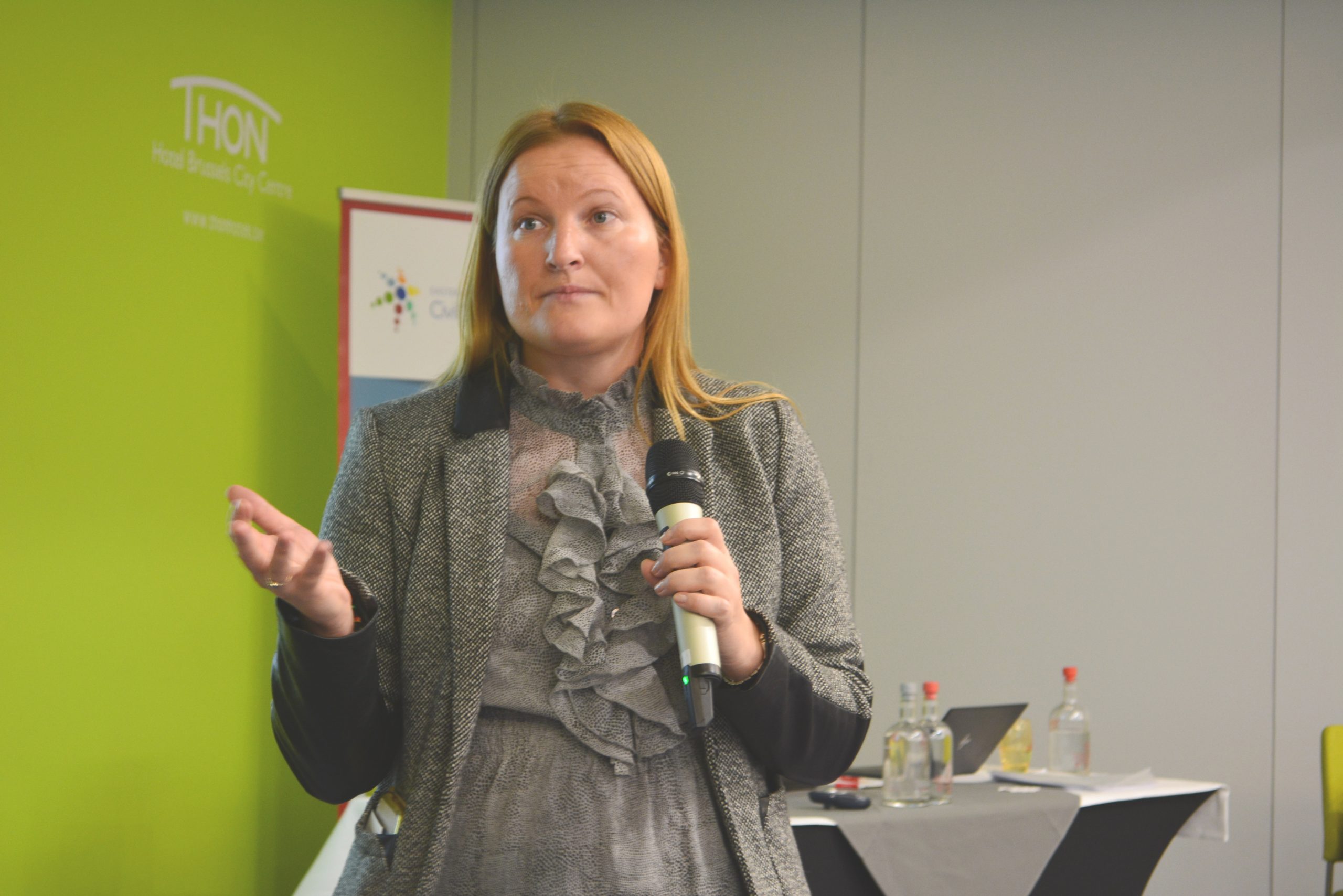Brussels, 27-28 March 2019
Working Group 4 meeting
Working Group 4 “Contacts between People” held its Annual Meeting to vote on the new Coordinators. The group passed on important messages for Culture, Education, Mobility and Youth, to external stakeholders – from EU institutions, DG NEAR and EEAS.
Civil society participation in official EaP Platforms and Panels is an important step forward: multilateral platforms (often) give a unique opportunity to raise concerns to authorities from EaP countries. However, the current format could be improved, with more speaking slots given to Forum representatives (currently limited to one-two slots). Wider participation in EaP architecture would ensure better representation of local issues and grassroot organisations, agreed the participants. The stakeholders, Ludovica Fabbri (DG NEAR) and Marta Wytrykowska (EEAS), acknowledged that EaP CSF has a crucial role to play – but not all recommendations can be implemented at the same time, depending on the decision-making cycle.
In their discussions, members sought to find ways on how to strengthen existing links – with an emphasis on duplicating best practices and delivering results in other countries. This need is (partially) addressed by EaP CSF Re-granting Scheme to Working Groups, which has recently supported two projects on youth and entrepreneurship – bringing young people from all six EaP countries to Dilijan, Armenia and Kyiv, Ukraine to learn more about sustainable business practices. This year’s selected projects will not only focus on youth (and youth exclusion, in particular), but also consider the impact of visa liberalisation in Armenia, Georgia and Moldova.
To different degrees, all EaP countries suffer from a low level of institutional dialogue. In many cases, youth is not addressed at the policy level – this is perhaps most visible in Armenia and Moldova, where it has been downgraded, following ministerial merges. This precisely why the EaP region needs EU support, especially at grassroot, civil society level – which would further benefit from more non-grant funding for their work. Across the EaP region, the education system does little to address digital skills and innovation, or tackle social exclusion, particularly among women and in rural areas. Members also identified a lack of genuine cultural dialogue, which stands on the way of adopting more inclusive practices.
Members also looked towards the future, electing their new EaP and EU Coordinators: Zaur Akbar (Youth Club Public Union, Azerbaijan) and Sintija Bernava (Donum Animus, Latvia). What is more, they took part in a capacity-building session with Veronika Kucherchuk (European Endownment for Democracy) and learnt how to use the EaP Index for advocacy purposes with Tania Marocchi (EaP CSF). The meeting ended with a public event at the Permanent Representation of the Czech Republic to the EU, marking 10 years of EaP policy initiative and its achievements in the realm of People-to-People contacts.

Available for download
-
Report: EaP CSF WG4 Contacts between People (with Recommendations on: Culture, Education, Mobility and Youth), 27-28 March 2019
-
Photo gallery: EaP CSF WG4 Contacts between People, 27-28 March 2019
